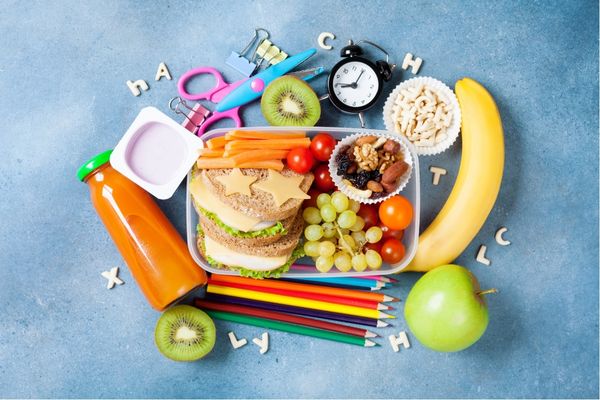Details on New Version of the Build Back Better Act
November 22, 2021
After weeks of negotiations, Democrats appear to have reached an agreement on a new version of the Build Back Better Act. The new package totals $1.75 trillion, down from the $3.5 trillion original proposal.
Most notably for superintendents, the bill includes:
Investments in the Educator Workforce through stand-alone grant programs:
- $112.6 million for “Grow Your Own” Programs
- $112.2 million for teacher residencies programs
- $112.2 million for Hawkins Centers of Excellence Program
- $112.2 million for school leadership programs
This is a significant increase for the educator workforce. In FY21, Congress appropriated just $52 million for teacher preparation through teacher quality partnership grants.
Expanded Access to Nutrition Programs
- Makes
8.7 million more children eligible to receive free school meals by expanding
the Community Eligibility Program during the years 2022-2026:
- Lowers the threshold from 40% to 25%
- Increases the ISP multiplier from 1.6 to 2.5
- Allows states to opt-in to a statewide CEP, providing free meals to all students in their state
- Creates a national Summer EBT program for two years to provide a $65 per child per month benefit to the families of 29 million children in need to purchase food during the summer
- Provides $30 million for school kitchen equipment grants
- Spends $250 million in grants to improve nutritional quality of programs
Universal Pre-K and Child Care Subsidies
- Invests $400 billion over 6 years to provide free, high-quality pre-K to all 3- and 4-year-olds and child care subsidies for families. Under the plan, families making up to 250 percent of a state’s median income would not have to pay more than 7 percent of their annual income on child care. There is no mandate that LEAs provide child care or universal pre-K options although they can compete with other home-based and private providers if they want to try and expand their program offerings. The State would also be required to opt-into the program and commit to spending significant resources. We do not anticipate all states to do this. Similarly, the requirements for participating and qualifications for educators could pose obstacles for districts. We will provide AASA members a more comprehensive breakdown next week.
Lead Remediation Grants
- Includes $9 billion for lead remediation projects under the Safe Drinking Water Act. The program includes grants to schools that serve disadvantaged communities for the installation and maintenance of lead filtration systems, lead testing and replacements of water fountains that may contain lead.
While this deal is quite close to complete, there could still be amendments offered and accepted that would change the funding levels. We will keep you posted if anything in the K-12 funding arena is altered.


